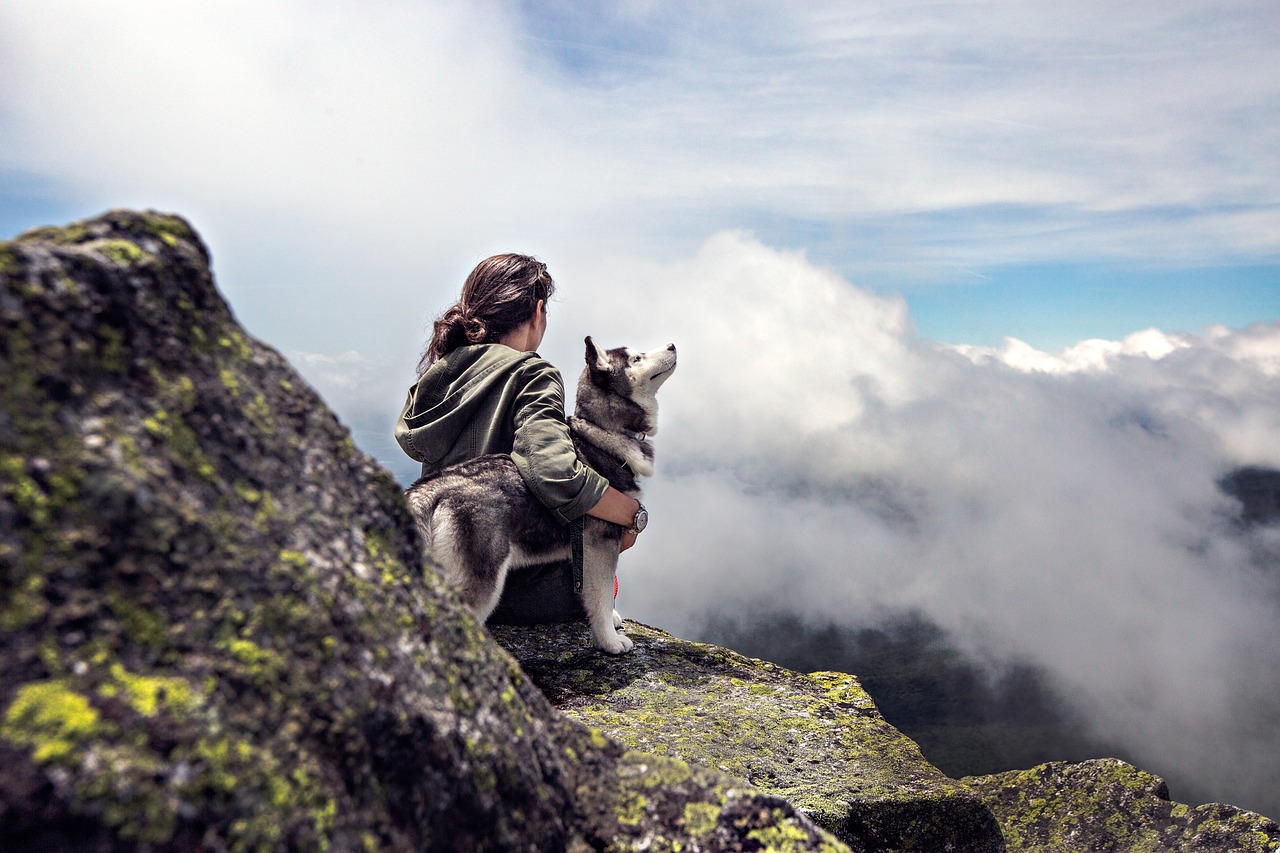From 2027 it will no longer be possible to breed dogs for food purposes
The government of South Korea has decided to ban dog breeding for food purposesthe. The law, approved by the South Korean Parliament with 208 votes in favor and none against, will come into force in 2027.
Raising puppies and slaughtering them will also be banned, meaning the dog meat industry will finally be blocked. And, obviously, anyone who does not respect the rule will be punished with many and, in the most serious cases, it is foreseen detention.
South Koreans will be able to say goodbye to Begin (dog soup), a traditional dish that is untouchable for the elderly but a real disaster for the young. In fact, the sale of dog meat dropped dramatically in 2015; according to a survey in 2015 il 27% of the inhabitants of South Korea argued to have eaten dogs at least oncepercentage that in 2023 And dropped by 8%.
Why will the law go into effect in 2027?
The new rules will only come into force in 2027 to give meat processors and the meat industry time to convert your production. There are currently 1,600 restaurants serving dog meat and 1,150 dedicated farms.
The massacre of domestic dogs in North Korea in 2020
We cannot forget thehorrifying massacre of domestic dogs occurred in 2020 in North Korea. The news went around the world causing outrage, horror and shame against the Korean government.
The North Korean dictator Kim Jong-un president of the State Affairs Commission had forced its citizens to hand over their animals to the authorities to fill the economic and food crisis, as he had revealed.
“The authorities – according to the South Korean newspaper Chosun Ilbo – they have identified families with pet dogs and are forcing them to give them up. They have to cut them down or they forcefully confiscate them to make meat for restaurants.”
A real denial of human and animal rights.

On the other side of the world, dogs save our lives…
On the other side of the world, however, dogs have important functions in relationships with humans, both trained and as “companion dogs”.
Dogs save our livesI am faithful animals which help dissolve the sense of loneliness in those people who, unfortunately, find themselves alone (for example the elderly) or even young people who do not find in humans the warmth and closeness that only a dog can give.
Their expression without words, their faithful closeness and also the help they give to all those sick people to find their smile and the desire to to take care of of themselves and their animal, make them precious companions.
Animals also relieve psychological pain and are important ininteraction with children. There are dogs whose story remains indelible in the memory like that of Lassiethe famous collie of a child, who was sold by his family out of economic necessity and who managed to escape and find his way home to hug his owner again.
A dog’s love and loyalty transcends all boundaries.
Now, however, let’s see in detail the trained dogs that support soldiers and rescuers in rescue operations and other terrible situations.
Molecular dogs
Now these animals are allies fundamentals to help us for example in search for missing persons. I molecular dogs they belong to the category in which the use of the nose is fundamental and have an olfactory mucosa rich in receptors.
I am “macrosmatic” unlike the humans they are “microsmatic”: our mucosa covers from 4 to 8 cm² and contains a number of olfactory receptors ranging from five to 10 million, that of dogs reaches 150 cm² and can have more than 200 million receptors.
The tracking dogs
Obviously, dogs that perform such an important task must be well trained and endure tough training and workloads. THE tracker dogs can find people among the rubble caused by a collapse or a earthquake or overwhelmed by one Avalanche in the mountains. They are dogs that save many lives.
Mantrailing dogs
The so-called cani da mantrailing they are the ones who are trained to only recognize a specific smell. In fact, these dogs are used to find a missing person and receive from the trainer a specific olfactory inputand they only know that a specific smell has reached them (like that of a person’s clothing or object, or the “trace” left in a car) and that they will have to follow it.
Dogs sniffing drugs and searching for explosives

Then there are those educated to recognize the smell of explosives, drugs and those who go in search of contamination and leaks of substances (from water to gas to oil).
HRD dogs
Il cane da Human Remains Detection goes to search for human remains and is trained to recognize the smells of corpses in general, therefore a different smell from that of living people.
This type of dog, if brought to a certain place, will only be able to find corpses. In Italy it is a problem to practice this type of training because the law does not allow access to bodies, it considers it a criminal offence.
«Let the dog come in covered in mud, you can wash the dog and you can wash the mud… But those who don’t like the dog or the mud… no, those can’t be washed».
Jacques Prevert

